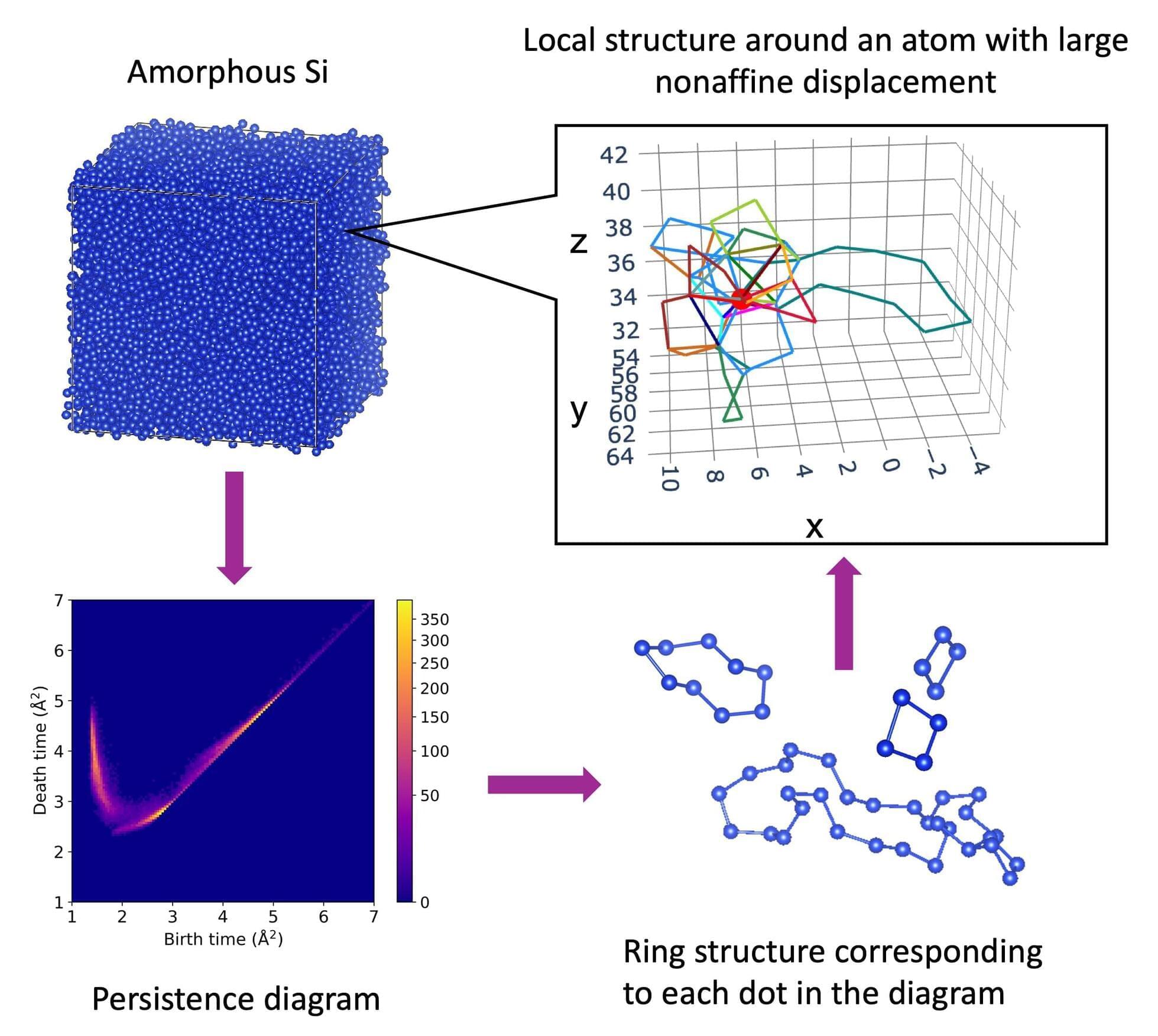In a world-first, researchers from the Femtosecond Spectroscopy Unit at the Okinawa Institute of Science and Technology (OIST) have directly observed the evolution of the elusive dark excitons in atomically thin materials, laying the foundation for new breakthroughs in both classical and quantum information technologies.
Their findings have been published in Nature Communications.
Professor Keshav Dani, head of the unit, says, Dark excitons have great potential as information carriers, because they are inherently less likely to interact with light, and hence less prone to degradation of their quantum properties. However, this invisibility also makes them very challenging to study and manipulate.









